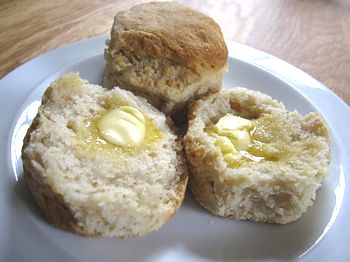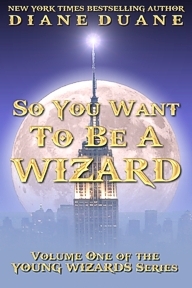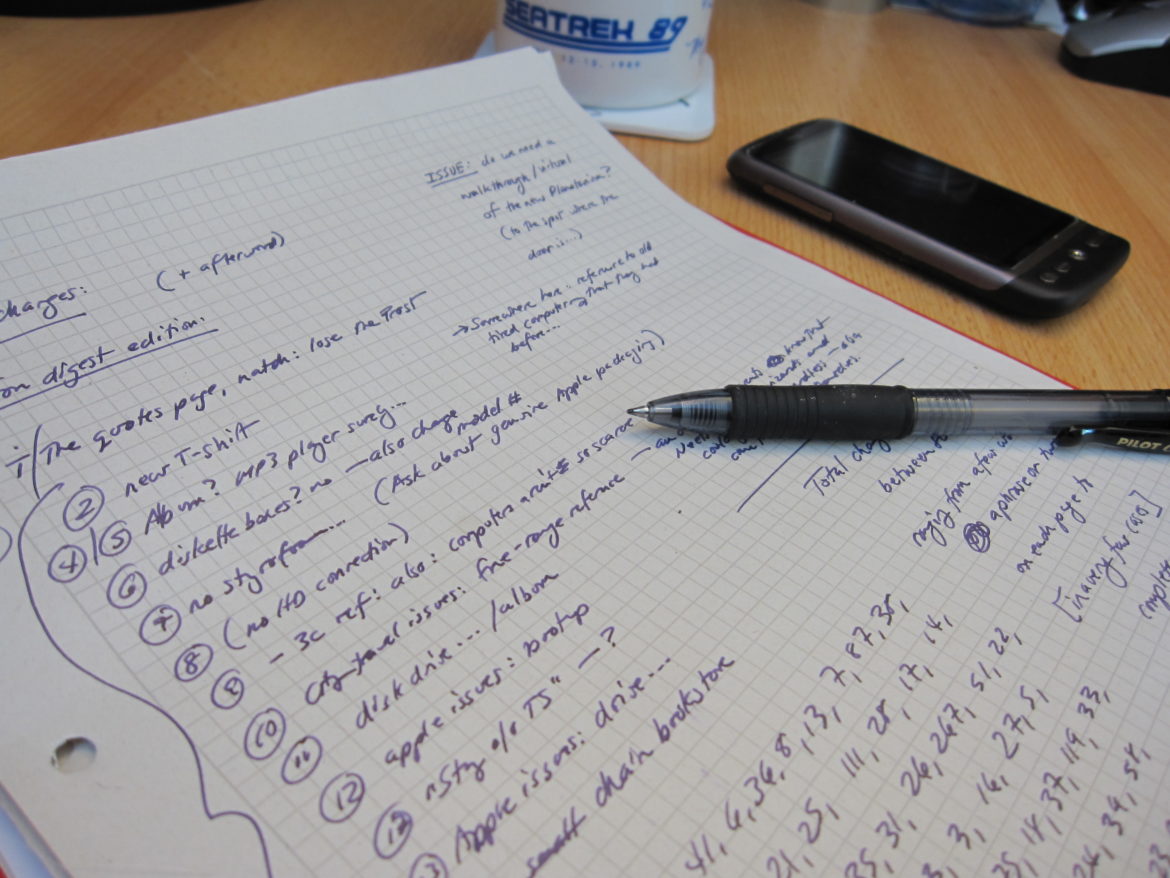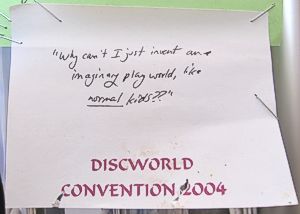
See that, she’s not always geeking out over Green Lantern.*
There are too many sourdough biscuit recipes out there that are simply substandard. A lot of them have titles like “Grandma’s Sourdough Biscuits”, but when you make them, you start getting the sense that Grandma must have had iron teeth like Baba Yaga. It can get discouraging.
Never mind. I found a good recipe today. This poster once worked for The Colonel, and has brought some of the biscuit-making tricks away from the experience. Check out her recipe here:
Sarah’s Musings: Sourdough Biscuits
…I used starter that had been fed yesterday, and it didn’t seem to make too much difference to the flavor. The recipe produces a very light and tender biscuit.
(Oh, and I didn’t bake them quite as long as recommended. I gave them 25 minutes and they turned out perfectly.)
So give them a try.
*Oh, and about the Green Lantern non-geekery: So I lied. (At least I did if the embed works…)
























